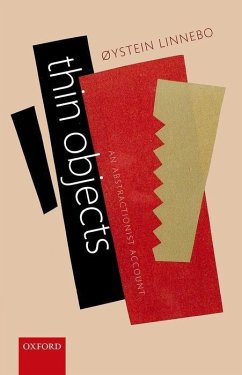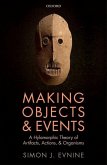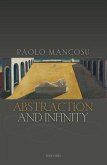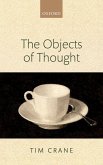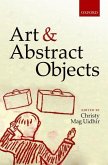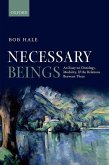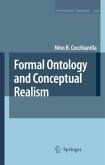A number of philosophers have been attracted to the idea that certain kinds of objects are "thin", in the sense that very little is required for there to be objects of these kinds. For instance, Frege and neo-Fregeans holds that nothing more is required for the existence of directions than that there be lines standing in the relation of parallelism; mathematical structuralists hold that nothing more is required for the existence of mathematical objects than that there could be concrete realizations of certain structures; and some metaphysicians hold that nothing more is required for the existence of mereological sums than that the relevant parts exist. I examine some problems with existing defences of "thin" objects. Then I develop what I take to be a better form of the view, based on an assimilation of objects to semantic values and a minimalist account of what is required for an expression to have a semantic value.

